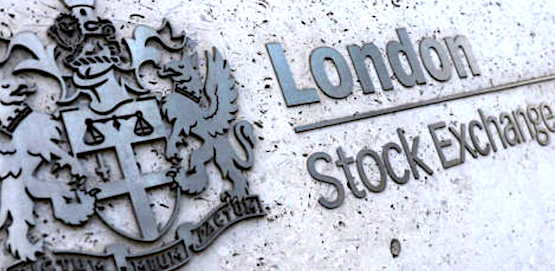FTSE 100 companies are poised to set a new all-time record for share buybacks in 2022, according to Salford-based investment platform AJ Bell.
The firm’s investment director Russ Mould said BP’s announced plan to buy back $2.5 billion of stock in the second quarter of this year, coupled with announcements from Next and Endeavour Mining, means that FTSE 100 firms are now planning £37 billion of buybacks this year — which would surpass the prior peak of £34.9 billion in 2018.
“This buyback largesse complements analysts’ forecasts for aggregate dividend payments from the FTSE 100 of £81.2 billion (and that is before any special dividends),” wrote Mould.
“The dividends equate to a forward dividend yield of 3.9% and the buybacks add a further 1.8% to that, to take the cash yield from the FTSE to 5.7%.
“That may provide some succour to patient investors who are looking at a broadly flat capital return from the FTSE 100 in the year to date.
“This is the second-best performance among major indices in the world in 2022 so far, trailing on Brazil’s modest gains, in local currency terms.
“Those planned cash returns may therefore be helping to persuade investors to stick with UK equities rather than look elsewhere, although the danger remains that buyback plans are revised and dividend forecasts prove over-optimistic, should a recession or other unexpected development strike.
“Buybacks are particularly subject to revision, as there is far less stigma when a management team quietly parks a programme compared to when a boardroom has to sanction a dividend cut.
“In 2020, FTSE 100 firms returned £10.2 billion to their shareholders via buybacks but scrapped plans to buy back £10.3 billion more as the pandemic spread, lockdowns were imposed and the globe plunged into a recession, to the great detriment of corporate profits cash flows and in some cases balance sheets.
“Cynics will also flag how buybacks tend to be pro-cyclical.
“Buyback activity reached its high in 2006-07, as animal spirits were running most strongly just before the Great Financial Crisis swept the world.
“Over £60 billion in buybacks across those two years did nothing to support share prices in 2007-09 and buybacks slowed to just £3 billion in 2009 by the time the crisis was passing, and equity markets had collapsed and thus become much cheaper.
“Buybacks reached their next zenith in 2018 and buyback activity peaked that year, too, so management teams’ record of buying high rather than low may give some investors pause for thought as to whether buybacks are a potential contrarian indicator, especially in light of global equities’ spring woes.”
